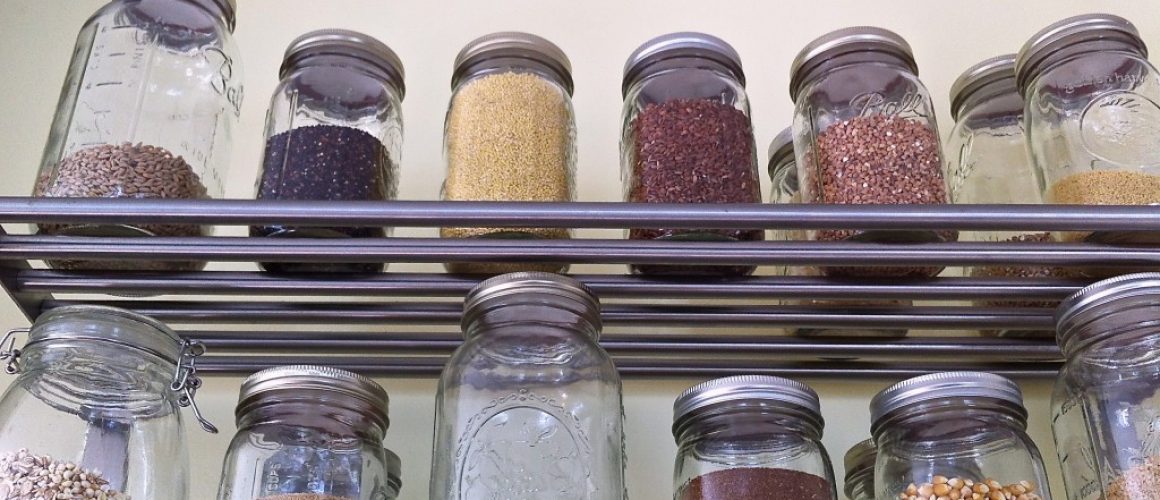Epidemic prevention of Diet
Since the outbreak, there have been many prescriptions on the Internet claiming to be able to treat new coronary pneumonia. For example, consumption of garlic, vitamin C, etc., and even exaggerated rumors such as consumption of bleach, cow urine and cow dung can treat pneumonia. A few days ago, the Taiwan Fact Checking Center issued a checkup report, which cracked many online rumors of treatment. At present, no medicine for treating new coronary pneumonia has been mass-produced in Taiwan. Edible recipes are not only ineffective, but also may cause food poisoning. The epidemic has spread all over the world, and the whole nation grabbed masks and alcohol. In addition to washing your hands and wearing a mask properly, you should also take good precautions in your body.
Since the Canadian Chief Health Officer Theresa Tam proposed that people should prepare food and daily necessities at home for a week, many countries have begun to buy food. However, there are three issues worth noting when hoarding too much food: First, the shelf life of food, such as rice, can only be stored for one year. Secondly, excessive hoarding of food will lead to a moral problem like the surge in mask buying: “People who need it can’t buy it.” Finally, the sense of doom and excessive crisis consciousness emanating from shelves being emptied will lead to social instability. With the government’s transparent disclosure of the epidemic information, the people should be more mindful and help each other.
Dietary epidemic prevention “three eats”: how to eat immunity
At present, many confirmed cases in China can recover smoothly after providing appropriate supportive medical treatment. And the death patients usually have underlying diseases, such as cardiovascular disease, renal insufficiency, etc. It can be seen that maintaining the body’s immunity is also a very important part of epidemic prevention. From the perspective of dietary epidemic prevention, the most practical and positive approach is to cook at home by yourself to ensure that you consume enough nutrients daily to regulate immunity and reduce the risk of cluster infection, and may also cultivate a new interest Develop healthy eating habits.
If you want to prepare a nutritionally balanced diet menu and develop an epidemic prevention diet, here are three suggestions for diet arrangements:
- Consumption of six major types of food daily: The National Health Agency recommends that the daily diet should include whole grains, vegetables, beans, fish, eggs, meat, dairy products, fruits, and oil and nut seeds as much as possible. If you don’t have time to prepare, at least pick fruits and vegetables of different colors. For example, dark green vegetables rich in vitamins A, B, C, and E, such as spinach. And red, orange or yellow vegetables, such as carrots, bell peppers, pumpkins, sweet potatoes, etc., contain a large amount of beta carotene.
- Fruit and snack choices after meals: About 70% of the human body’s immune cells gather in the intestine. The sugar-free Yogurt, which is rich in probiotics, is a powerful helper for intestinal rectification. In addition, guava rich in vitamin C and iron and folic acid will be your newest partner for epidemic prevention.
- Yogurt is rich in probiotics. Its main function is to adjust and improve the health of the gastrointestinal tract. If you eat sugar-free Yogurt regularly and regularly, you can inhibit the growth of harmful bacteria in the intestine, and lactic acid bacteria can increase the gamma interference released by T cells. Gamma interfere further increases antibody production; in addition, lactic acid bacteria can enhance the activity of natural killer cells.
- Etiquette and precautions: Wash hands frequently before meals, adhere to the principles of public and private chopsticks during meals, and avoid round table meals that are likely to cause droplet infection.
Source: THE NEWSLENS




